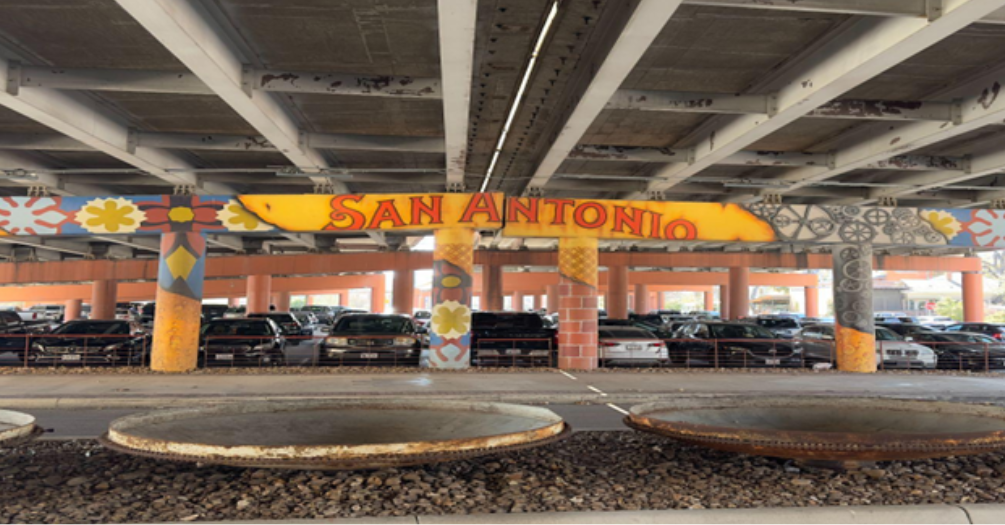The Power of the Community: Strength in Connection

Karis Hawkins
1st Year MPH Epidemiology Student
My experience in Texas and the lessons I learned will stay with me throughout the rest of my public health education and practice. Our trip to San Antonio, Texas, truly highlighted the strength of community-based work and the importance of building strong relationships to create effective public health programs. One of my biggest takeaways was the value of community strength—when people can rely on each other, they can drive meaningful change. Engaging with this community firsthand gave me a new perspective on community work, far beyond what I have learned in classrooms or through writing papers.
When we arrived and toured the Neighborhood Place, I was amazed by the variety of community resources housed within a single building. The programs served multiple age groups and addressed the most pressing needs of the community. Seeing so many people actively engaging with these resources stood out to me—it was clear that the community partners had built strong trust, making these programs truly impactful. On the day we were collecting surveys, I observed people waiting three or four hours for services, yet they were still willing to engage with us. My group worked out of the Neighborhood Place throughout the entire trip, and it became clear how the success of community programs is a direct reflection of the strength of the community itself. Public health efforts are only as effective as the communities they aim to serve, and this experience reinforced that principle. A particularly meaningful moment was my conversation with Ludy about the strong sense of community in San Antonio— which was something I had never truly experienced in Ann Arbor. This difference made me reflect on the significance of community bonds in public health. The opportunity to engage with and learn from the community in such a direct way was invaluable to my education as a future public health professional.
Additionally, the encouragement from staff members further reinforced the importance of the work we were doing. Being approached by staff who recognized the strength in our efforts was a powerful reminder that community members appreciate when we take the time to listen, learn, and engage with them directly. Beyond simply observing, we built relationships with participants in the focus group, during our nutrition activity, and at our final presentation. Seeing the same individuals multiple times and having them share their personal experiences showed that they valued our presence and the work we were doing. Their willingness to be vulnerable and tell their stories was incredibly meaningful for our group.
This trip reinforced the importance of properly engaging with communities—listening to their voices, learning from their experiences, and recognizing the power of community-driven health initiatives. It’s not just about providing resources but about actively involving the community in decision-making. Their perspectives are the most valuable in shaping effective public health interventions. Seeing community improvement work succeed in practice—rather than just studying it in theory—was a profound learning experience that I will carry forward in my public health career.
